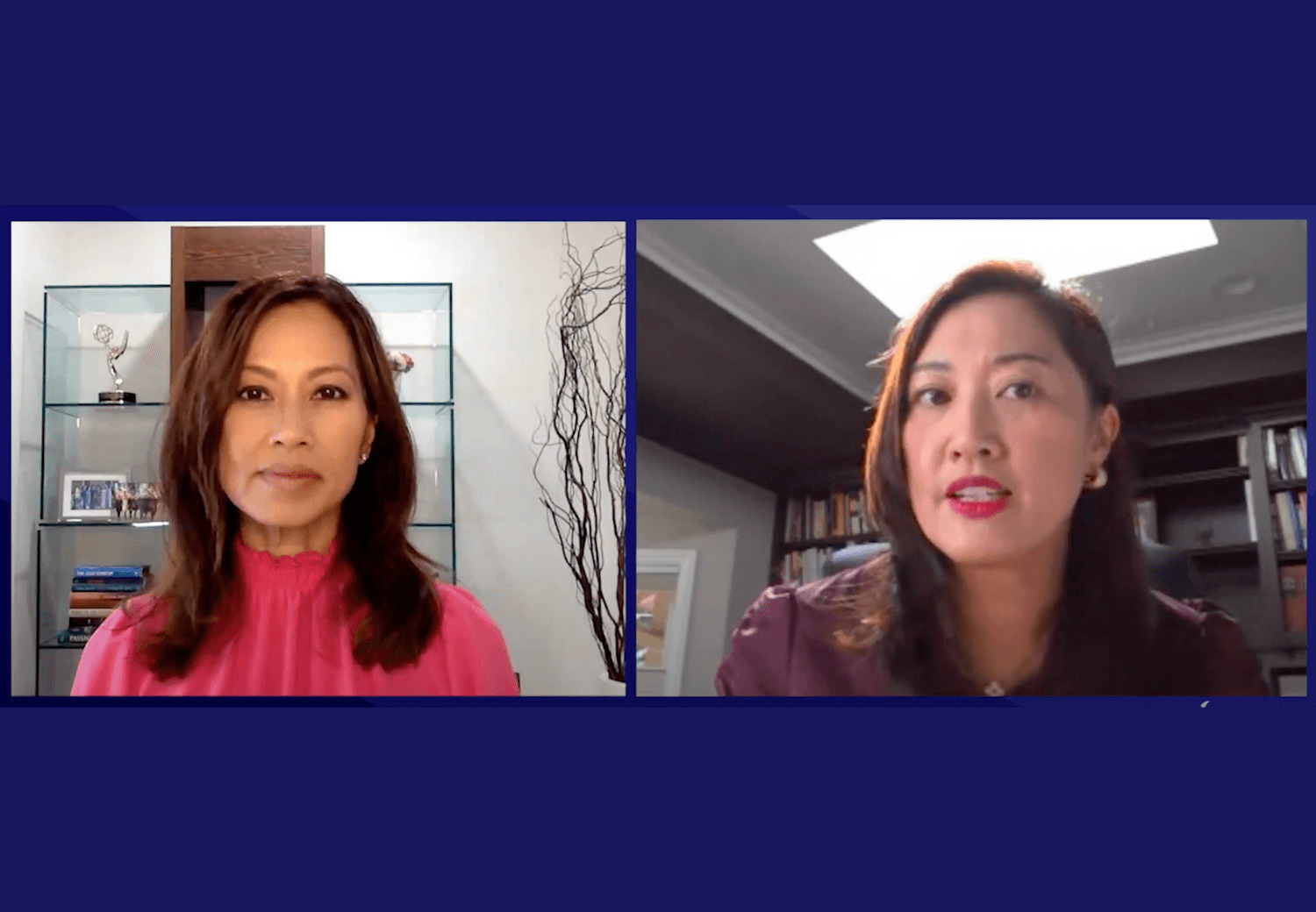Yeah, I mean, I think that we have come a long way, I was part of those groups, many, many years ago. So, things have certainly evolved, I was chair of the Asian Law Alliance over 20 years ago. So, the organization has definitely evolved over time. But back to how did those experiences impact my career trajectory, or how I manage?
I think there’s just a bigger sensitivity, there’s a bigger sensitivity to the way Asian Americans, people of diverse backgrounds are treated in the corporate world. For many, many years of my life, I was the only female in the room, or I was the only, certainly Asian female in the room. And how did that make me feel when I didn’t understand the topic, or I felt like I was being a bit top down to. I work in a very technical environment, I’m not technical by background.
Throughout my career, I’ve been in rooms with physicists, and engineers, and some of the most technical people in the world. And how do you establish respect, right? And so, just not letting that get in the way, and just making sure that you’re constantly being curious, and you’re asking questions, and staying engaged, and so what if they think you’re not as smart as them?
Because everybody’s going to get over it, you’ll get over it, they’ll get over it. But in that relationship, in making sure you’re meeting your deliverables, in making sure you’re constantly staying engaged, I think establishing that respect. But also, I love this training today that we’re getting. There’s so much more training. There's better training than there’s ever been in my whole career around these types of sensitivities, this unconscious bias, making sure that you’re asking for the diverse perspectives in the room.
That’s celebrated, it’s welcome, it’s embraced, and that just because somebody asks a question that you don’t want to hear, you’re not going to shut it down, you know? And you’re going to explore it, and you’re going to, you’re really going to embrace it. So, those are the things I feel like just, I love seeing it, I wish I did more of it, and I wish I wasn’t so timid in the past. And back to how did these experiences in my past? I think perhaps I had a better sensitivity for it, but I wasn’t thriving on it, and I wish I did.




